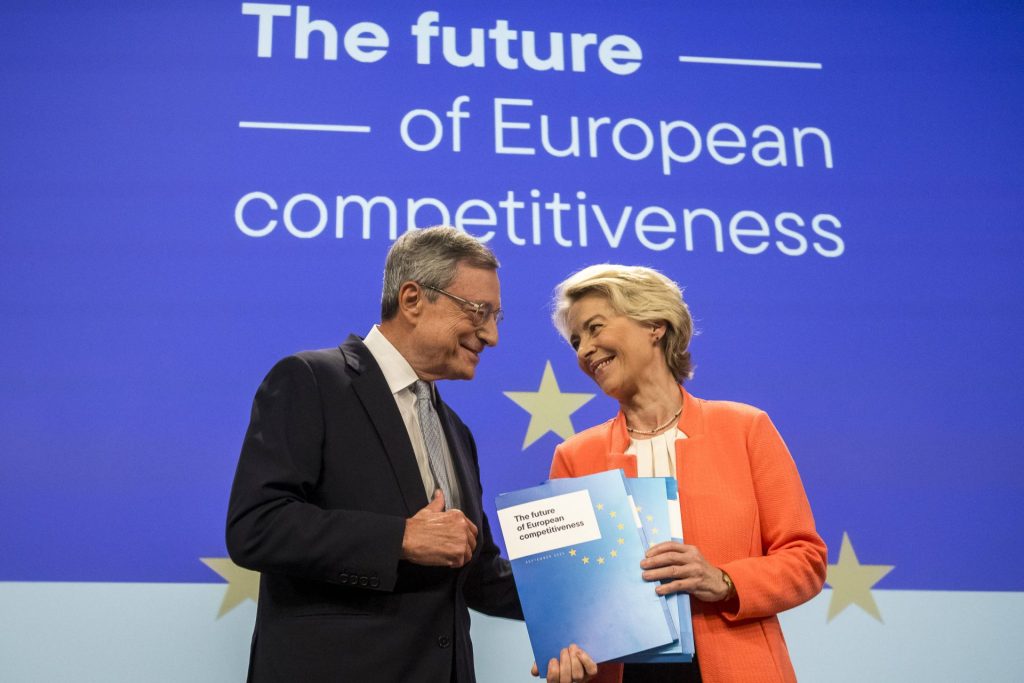Brussels, 11th October 2024
NB: Below is an English translation of an opinion piece by FAFCE President, Vincenzo Bassi, in Italian outlet Avvenire published on 27th September 2024.
Thanks to the Draghi Report, Europe is now a central topic of discussion. As we contribute to this debate, it’s important to view the Report through the lens of families, who are the cornerstone of Europe’s future society.
The Report is thorough, but it could have been more impactful if it had framed business competitiveness within the broader context of Europe’s long-term economic development, especially from the perspective of younger generations. In a time of demographic decline, the Report overlooks the need for investment in demographics to ensure a balanced intergenerational future.
Why is the demographic issue absent from the Report?
Some believe that population growth and families aren’t essential to economic development. They argue that economic progress can be achieved by addressing the ‘demographic deficit’ without considering families beyond their role as consumers. However, this view is limited and disconnected from reality. Without families and children, there is no human capital, and without human capital, economic growth is impossible. Children are the engine of society, and families ensure its stability.
Given Europe’s low birth rate (in 2022, the average was 1.46 live births per woman, while 2.1 is needed for population replacement), the Report could have suggested solutions to the demographic challenges. This would have encouraged the European Commission to treat demographic policies as investments rather than social costs, enabling countries to plan for them over the long term.
Instead, the Report addresses demographics only in terms of productivity, noting that declining birth rates lower productivity and suggesting investments to counter this—but without addressing the root cause of the demographic crisis.
This is where we must start. With current birth rates, even efforts to boost productivity (such as digitalisation and better training) may not be enough. In that scenario, business competitiveness could only be sustained by low labour costs, which, especially during inflation, is an unsustainable solution for businesses and harmful to households and their savings.
The Report does mention household savings as a potential resource for boosting competitiveness. However, asking families—particularly Italian families, known for their savings habits—to channel their savings into centrally managed European funds could drain resources from local areas that need them, especially to prevent the depopulation of rural regions.
It’s true that Europe needs to increase its international influence, including through stronger exports. But this cannot come at the expense of domestic demand. A balance is crucial. Focusing solely on international markets may benefit large companies, but it poses risks to families, small and medium-sized enterprises, and rural areas. Prioritising business competitiveness at the expense of these communities risks undermining the Europe envisioned by leaders like De Gasperi, Schuman, and Adenauer, whose focus was on family welfare, peace, and solidarity between national communities—not just global market leadership.
It is now hoped that the new European Commission will expand the Report to include demographics as a key factor in economic development and social cohesion. After all, it is families and communities who are both the beneficiaries and the true drivers of European policies.








